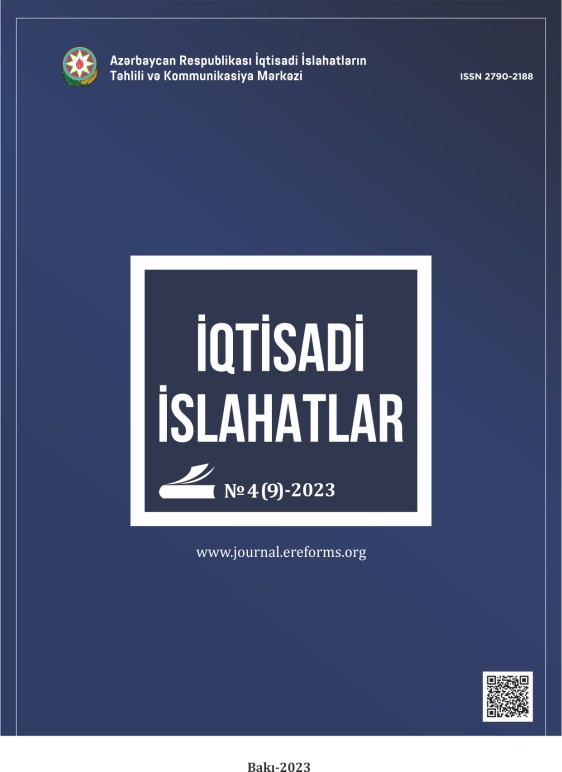Cointegration of dynamics of USD/TL and AZN/TL exchange rates
Summary
The article analyzes the currency crisis in Turkey and links it to unfavorable policy changes implemented by central banks in developed nations since 2018. elements including the perception of global risk, the withdrawal from developing nations, and the U.S. The sanctions made Turkey's economic circumstances worse. There was a current account deficit and significant inflation as a result of the policy of maintaining low exchange rates and high-interest rates. The expectation of the U.S. The Turkish lira experienced a notable devaluation due to increases in interest rates. Exchange rate volatility continues despite government interventions, which affects economic growth. Azerbaijan, a significant trading partner, is also impacted by this crisis because export operations are made more difficult by the lira's depreciation. The article employs econometric methodologies to analyze the dynamics between the Turkish lira and Azerbaijani manat, revealing a bidirectional cause-and-effect relationship. The modeling suggests that while lira depreciation may not have a direct impact on Azerbaijan, the overall economic effect is minimal due to predominantly dollar-traded products.
